ETHS makes transition for Special Education students a smooth one

A high school environment with a little over 3,000 kids may be a tough adjustment to some students with special needs or disabilities, but ETHS’s Special Education Dept. has created a smooth transition that helps these students achieve and succeed.
“The whole process starts the year prior to eighth grade, usually in the spring, so the student who’s coming here goes to a meeting to help plan ahead what programs, or classes they will take and meet other people,” explains John Ostrowski, Special Needs Transition Coordinator in the Special Education Dept.
As transition coordinator, Ostrowski helps students plan activities, while at high school, to further help them in post secondary school or other places beyond high school.
“Every Special Ed. student is assigned a case manager,” Ostrowski says. “A case manager is a teacher who charts the students progress in their classes, they talk to teachers about that student if they are struggling, and they connect back to parents on that. So they basically serve a role as a communicator.”
About 450 students at ETHS are part of the Special Education Dept. Many accommodations are offered within classes because all of the students have individualized educational plans (IEPs). An IEP is a legal document that discusses where the student is academically, what goals they have and the accommodation they may need. One example of this would be classes that mirror regular classes but progresses through class material at a slower pace. Other common accommodations would be students having a longer time to take tests or someone reading a test to a student which would help them better understand the material.
“We’re always trying to find the right environment for the student to be successful.” Ostrowski points out.
According to the Evanston Roundtable, ETHS looks beyond the high school years. They have a transition house that was put into place for special education students who have the credits to graduate, but choose to live in the house in order to help them transition into the real world. It offers many opportunities in the real world, such as working at a local library, doing laundry for retirement centers, and cleaning dining halls at Northwestern University. Overall, the transition house teaches students how to advocate for themselves and helps them set and achieve goals.
“As important as credits are for graduation, we also look at those goals from the IEP and really try to focus on them,” Ostrowski explains. “Because those goals are going to really carry a person in terms of the world later, especially in becoming independent.”
As students enter their first year at ETHS the Special Education Dept. plays a big role in making the transition to ETHS smooth and easy to adjust. By providing many resources for these students they ensure that all students strive beyond high school to be successful.
Your donation will support the student journalists of the Evanstonian. We are planning a big trip to the Journalism Educators Association conference in Philadelphia in November 2023, and any support will go towards making that trip a reality. Contributions will appear as a charge from SNOSite. Donations are NOT tax-deductible.


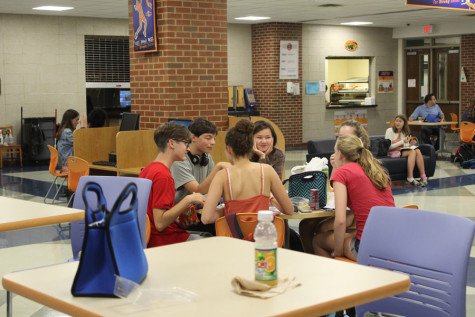
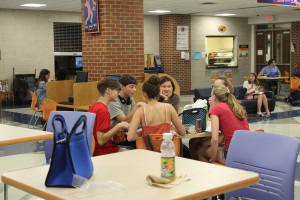
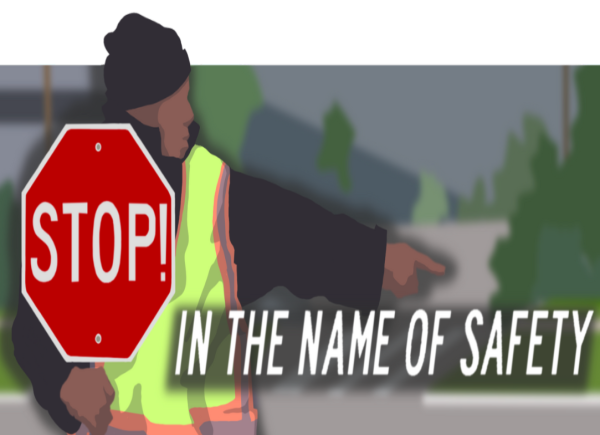




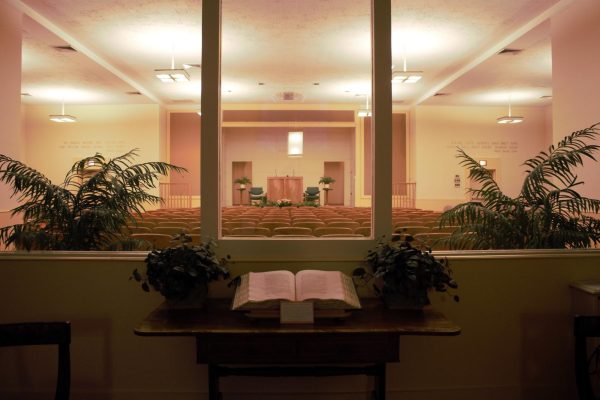
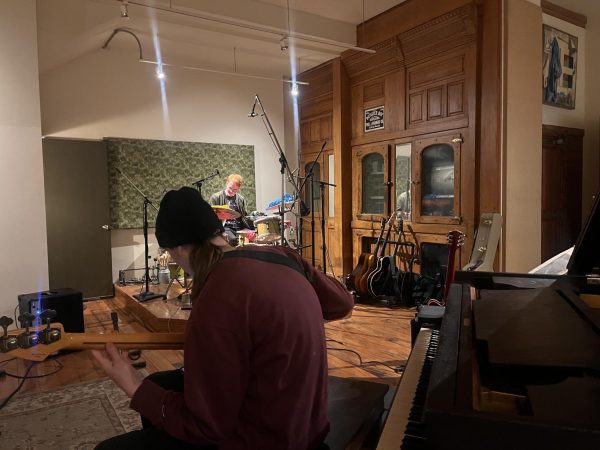


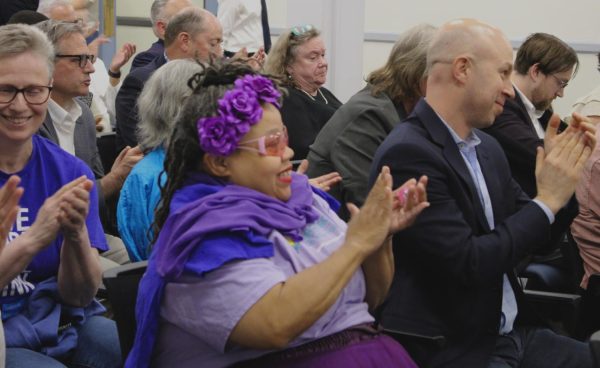
Vanessa Smith • Sep 23, 2015 at 6:24 pm
This is a great article and it’s good to know that the Special Education Department is doing a wonderful job to help students.